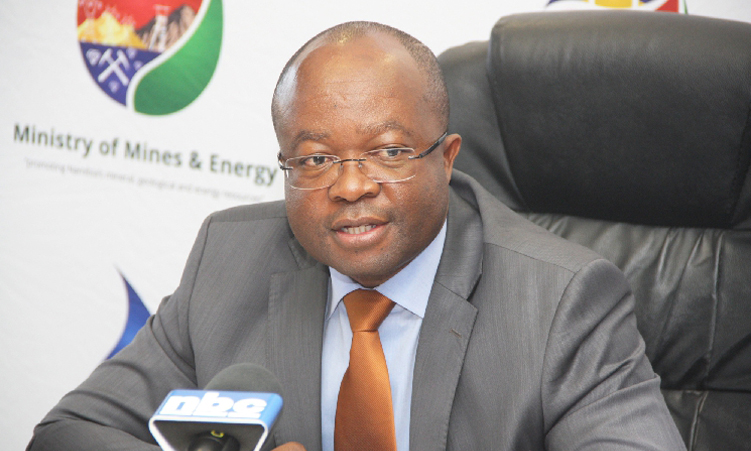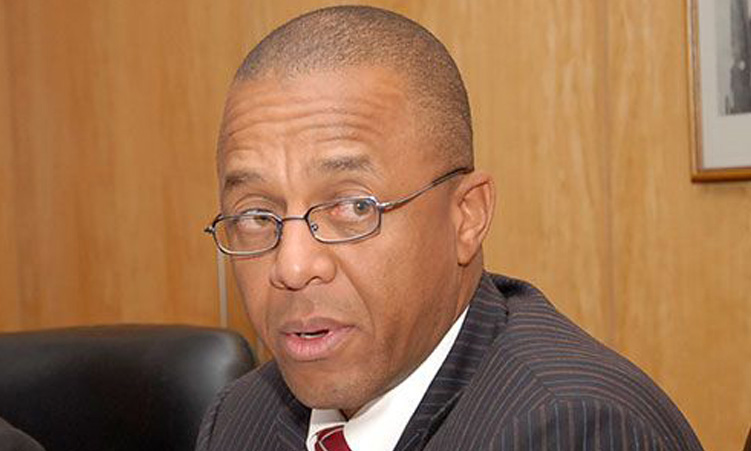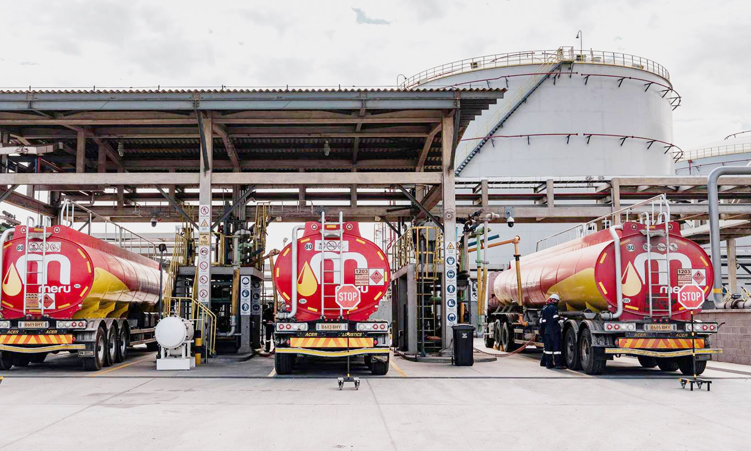National Petroleum Corporation (Namcor) managing director Ebson Uanguta says the company is keen to improve transparency in Namibia’s oil industry.
He says Namcor is willing to share non-confidential agreements with the public.
His views come a few weeks after the International Monetary Fund (IMF) encouraged Namibia to make its oil agreements public.
“We need to ensure transparency while protecting sensitive information.
The public deserves to know the economic benefits, but not at the cost of compromising confidential agreements,” Uanguta said during Nedbank’s oil and gas discussion this week.
According to the IMF’s high-level summary technical assistance report, making this information public would help prevent corruption in the sector, as seen in other countries.
Uanguta said disclosure is needed for a balanced approach, as certain information cannot be publicly disclosed.
“Certain confidential and sensitive information, not meant for the public, should remain between the parties. However, information in which the public has an interest, such as taxes, royalties and economic benefits must be disclosed,” he said.
Uanguta said two primary agreements pertain to the oil sector.
“The petroleum agreement governs the relationship between international operators and the government, detailing their rights and obligations. The joint operating agreement, on the other hand, defines the relationship between the operators themselves,” he said.
However, National Planning Commission director general Obeth Kandjoze said the oil discovered in the country does not belong to Namibians.
“We have had the debate about whether the oil is ours – the oil is not ours. There is currently a topical debate about natural resources and who owns them,” he said.


“This speaks directly to the existing challenges we face in relation to the aspirations of the owners of the resource.”
Kandjoze said the demands from sovereign entities and the public are growing louder, highlighting the need for a balanced approach in the mining and oil sectors.
“This is a real issue between the mining sector, the oil base and the policy space,. We are able to face each other across the divide and craft a regime that speaks to all of us,” he said.
He said the private sector and investors must play a role in creating a dispensation that satisfies all stakeholders.
“The private sector and investors need to really become partners in creating a dispensation that satisfies all. We in the policy space are feeling the heat,” Kandjoze said.
Speaking at the event, Christopher Coombs, the head of oil and gas at Nedbank London, said infrastructure development remains critical for the oil and gas sector.
“If the infrastructure lags behind, the industry cannot develop at its potential rate. Investment is needed in ports, airports, roads and other critical areas,” he said.
Coombs said there are opportunities at every level of the oil and gas industry – not just investment in offshore extraction.
“. . . which may be the preserve of the major oil companies in the first instance, but there are those investment opportunities at every level that Namibians can be excited about,” he said.
Zebra Kasete, the president of the Chamber of Mines of Namibia, said the country’s minerals are needed for decarbonisation.
“We must ensure these resources are utilised responsibly to benefit the nation,” he said.
Kasete said the potential of collaboration between the mining and oil industries exists.
“The mining industry has a history of social investment. We can share our experiences and collaborate to develop local skills and infrastructure,” he said.
Stay informed with The Namibian – your source for credible journalism. Get in-depth reporting and opinions for
only N$85 a month. Invest in journalism, invest in democracy –
Subscribe Now!







